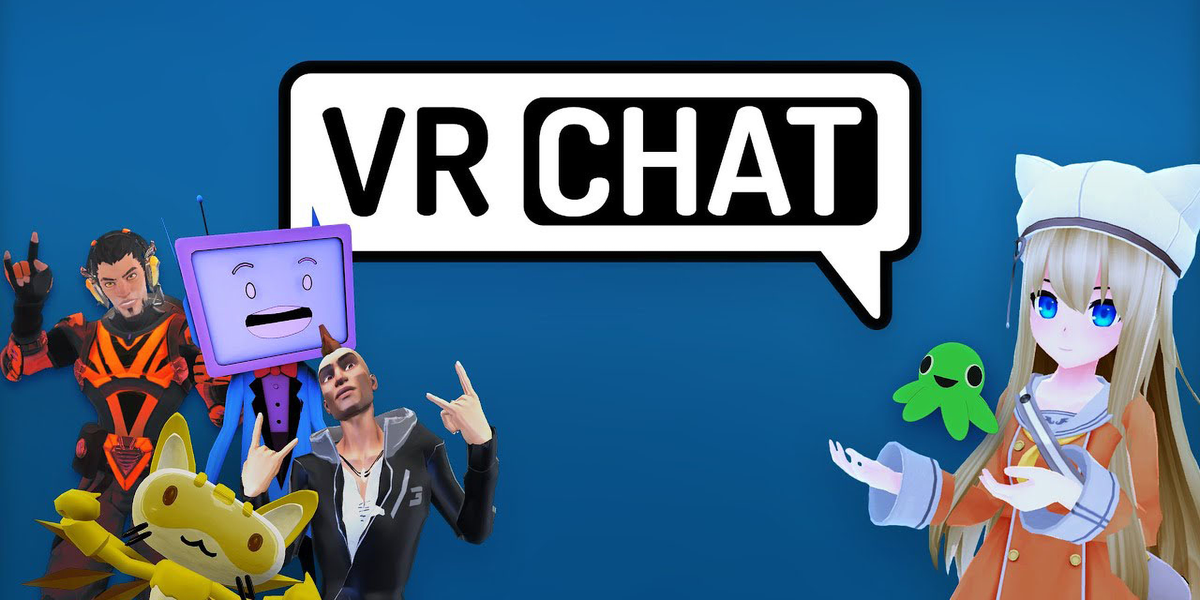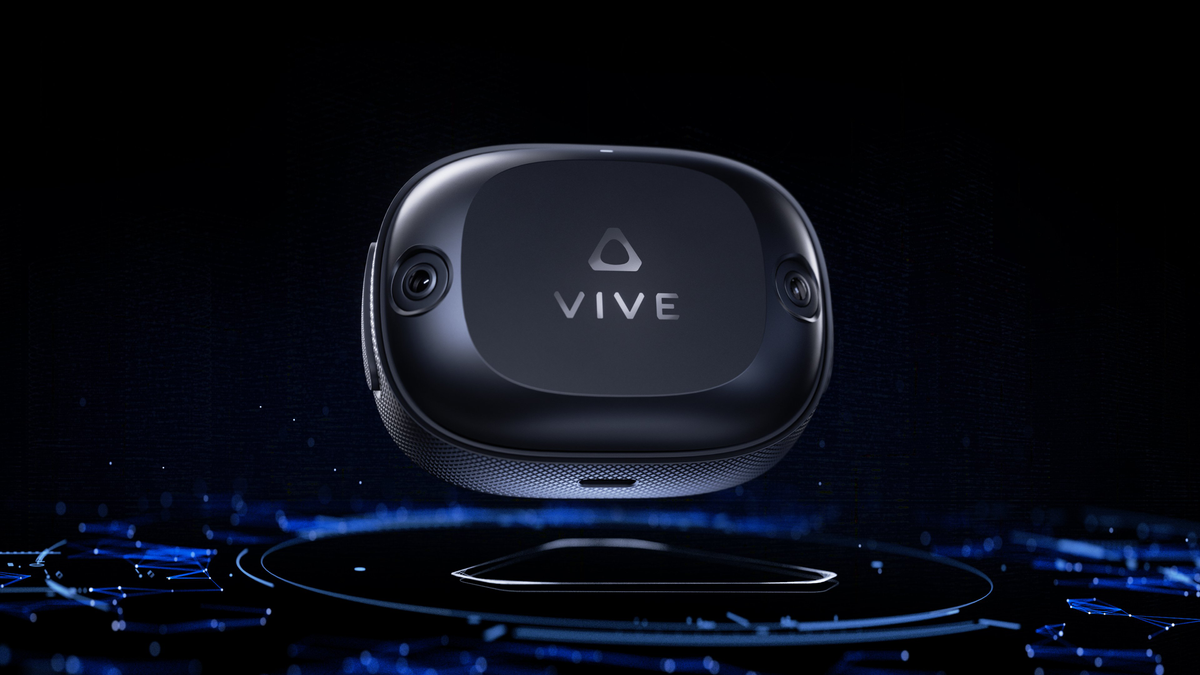
VRChat is now available on the Vive XR Elite standalone store, no PC needed.
VRChat remains the leading social VR platform, with millions of users. On Meta Quest headsets it’s almost always one of the top 10 most popular apps, and on Steam (where it also supports non-VR) it typically has tens of thousands of concurrent players.
The platform arrived as a surprising launch title for the original Oculus Quest in 2019, and launched on Android phones and Pico 4 this year.
Most PC worlds and avatars are too detailed to run performantly on mobile chipsets though, so VRChat takes a fragmented approach. All worlds and avatars must have a mobile-optimized version if the creator wants standalone VR & phone players to be able to join or use them. Creators can upload two versions of the same content, one for PC and another for mobile.

Last year VRChat added controller-free hand tracking support on Quest. Vive XR Elite also supports hand tracking, and HTC has been improving it with software updates, but VRChat on Vive XR Elite requires controllers for now.
What VRChat on Vive XR Elite does support though is body tracking, via strapping the just-launched Vive Ultimate Trackers to your body.
HTC sells a three-pack Vive Ultimate Tracker bundle (for your torso and feet) for $600, and until the end of the year this bundle includes the $50 straps to strap them to your body for free.
HTC is also offering a Vive XR Elite bundle with three Vive Ultimate Trackers and straps for $1500, saving $250 over buying them separately next year.
Vive Ultimate Tracker: Body Tracking Without Base Stations
Vive Ultimate Trackers use inside-out tracking to offer full body tracking for Vive XR Elite, and soon PC VR, without the need for base stations.

The Vive Ultimate Trackers bundle is priced higher than Sony’s $450 Mocopi, which works with VRChat on Meta Quest standalone via a phone app. But Mocopi uses only accelerometers and gyroscopes (IMUs) combined with a skeletal estimation model, while Vive Ultimate Trackers provide true six degree of freedom (6DoF) tracking.


